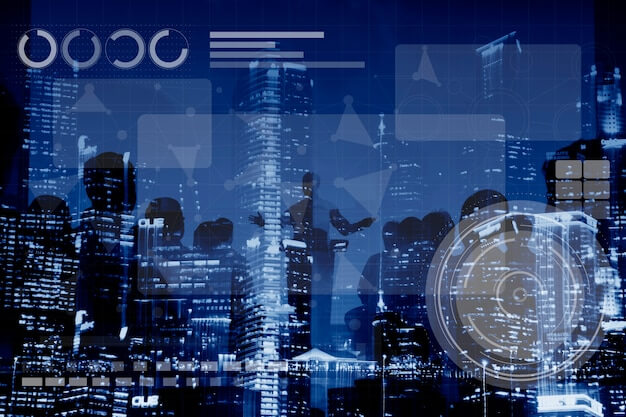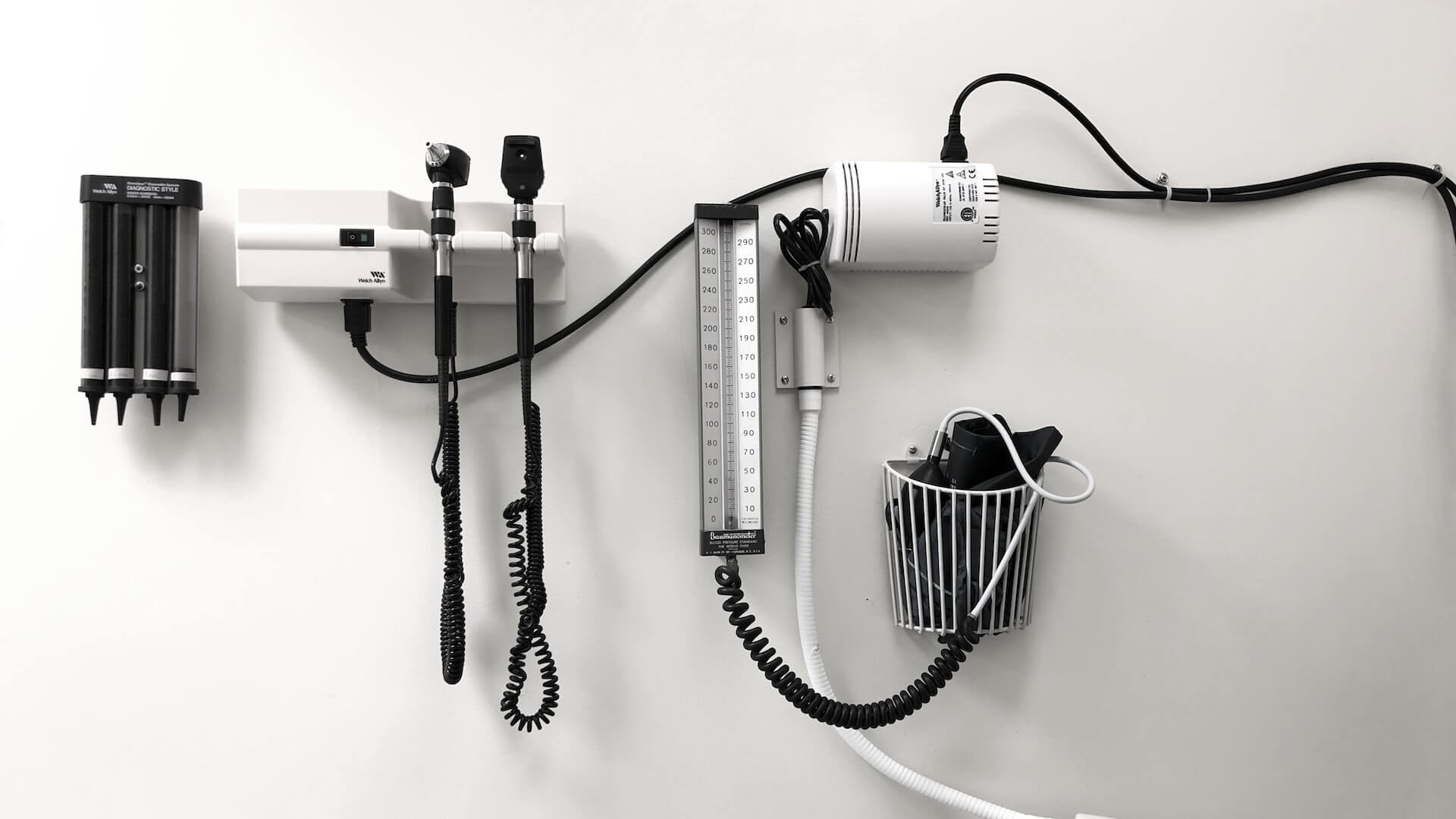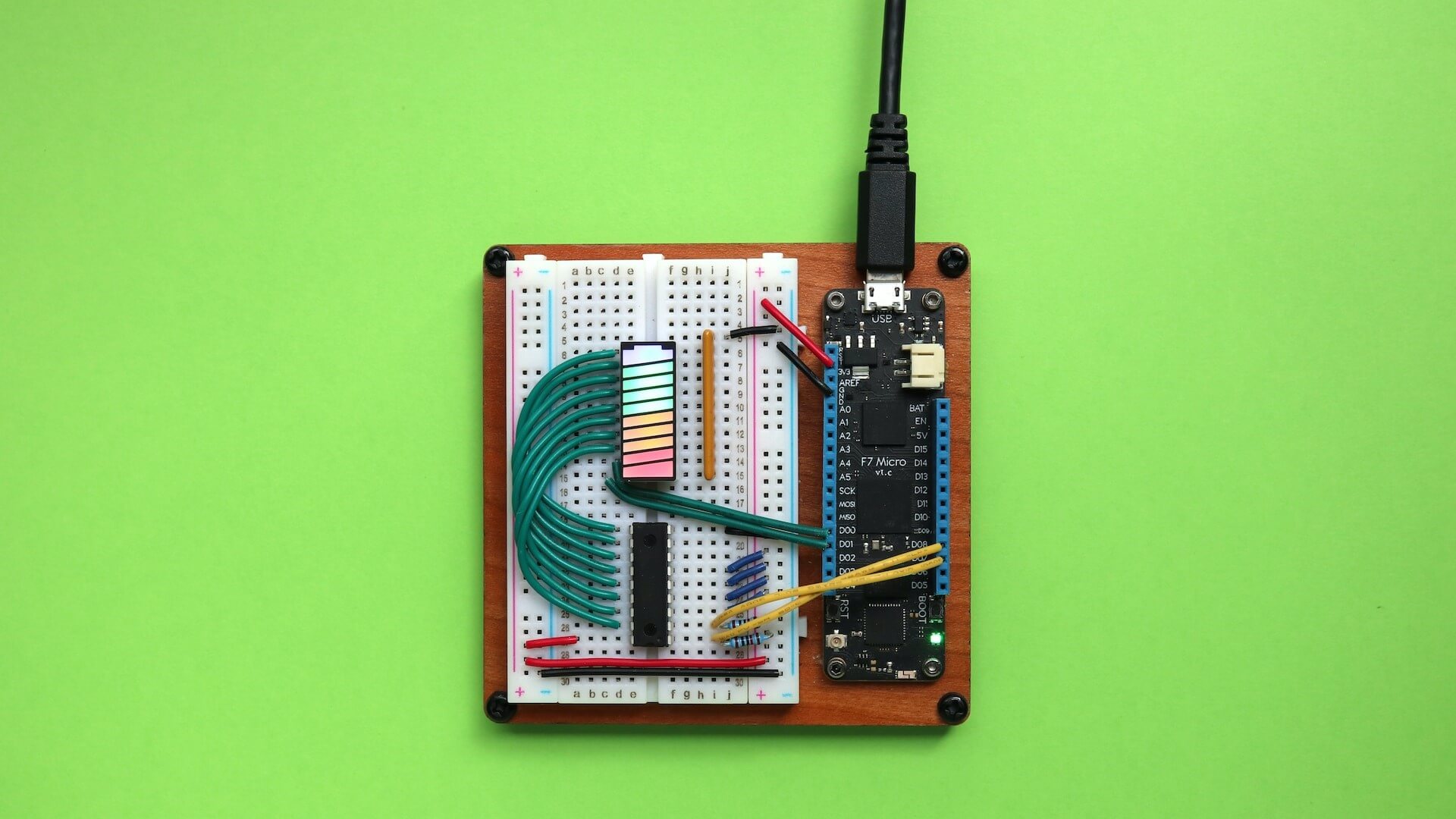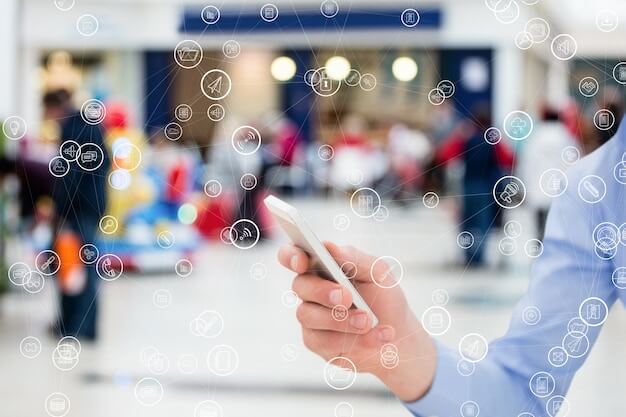Introducing edge computing only makes sense for organizations looking to build robust, scalable and secure IoT solutions.
IoT
Replacing human activity with connected devices in many manufacturing processes has revolutionized the image of manufacturing.
While we often think of the Internet of Things as having an important place in commercial and industrial settings, it is also being widely adopted in a variety of public institutions such as museums and galleries.
The Internet of Things has already brought great advances to many industries, including construction, health and education. Agriculture, of course, is no exception.
Although there are many ways for companies to create value through Internet products, we find that there are six main ways for companies to make money from Internet of Things products.
The IoT solution has brought us a lot of convenience. Through the IoT, huge tasks can be completed with amazing automation and less manpower. By reducing the labor force for automatic task completion, we can transfer people to places where technology and manpower are more needed.
Since e-commerce operators have used big data to predict and recommend products, where can the Internet of Things play a role?
From robotic arms that aid in surgery to wearable or ingestible sensors that pair with smartphones to monitor health, the market for connected medical devices is expanding.
The urgent need for data for enterprises that are reshaping their platforms for the digital age has spurred a proliferation of IoT implementations across multiple industries, including industrial manufacturing, agriculture and retail.
In commercial buildings, IoT devices are often any device used to manage facilities or improve operational efficiency and productivity, including smart sensors, smart locks, smart thermostats, smart HVAC, smart lighting and smart security.










